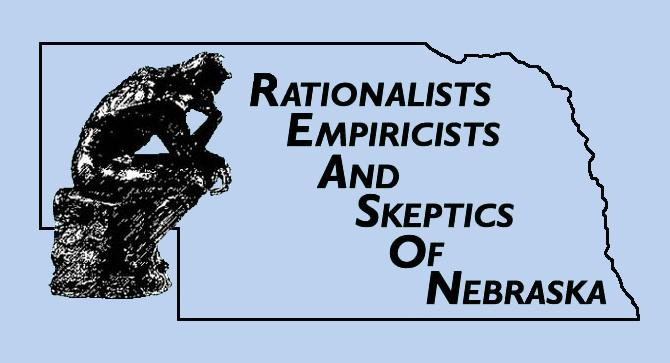The Dimming of the Enlightenment
Posted on Sat, Jun. 05, 2004 - Miami Herald
BY FRANCIS WHEEN
In 1922, just after his second term as president, Woodrow Wilson was asked for his thoughts on Darwinian theory.
"Of course, like every other man of intelligence and education, I do believe in organic evolution," he replied. "It surprises me that at this late date such questions should be raised."
Now imagine Wilson's downright astonishment had he been informed that in 2004, more than eight decades later, the state schools superintendent in Georgia would propose excising the word evolution from the biology curriculum.
History going in reverse
There are few backers these days for the argument that we have reached "the end of history." However, a glance at some of the dominant ideas of the last couple of decades raises an even more startling possibility: that history, far from halting, has gone into reverse gear.
This may explain why so many of the case studies in Charles Mackay's classic 1841 history of human folly, Extraordinary Popular Delusions and the Madness of Crowds, are reflected in the more-recent episodes that I've been studying.
The dot-com lunacy of the late 1990s, for instance, when companies with no discernible income achieved higher market valuations than big and well-established industrial corporations, was eerily reminiscent of previous investment manias such as the South Sea Bubble and the Dutch tulip craze, both of which were recounted at length by Mackay.
Mackay also mocked Nostradamus, observing with amused incredulity that this 16th century astrologer still had some followers in "the Walloon country of Belgium," among "old farmer-wives." Yet the self-same Nostradamus raced up the bestseller lists in the aftermath of the terrorist attacks of Sept. 11, and few if any of those 21st century readers could be classified as "old farmer-wives. "
Mackay's book is largely a history of the pre-Enlightenment -- an age of witch hunts and holy relics, alchemy and geomancy. But we've grown out of that now, haven't we? Apparently not.
Over the last 25 years or so, after two centuries of gradual ascendancy, Enlightenment values of reason, secularism and scientific empiricism have come under fierce assault from a grotesquely incongruous coalition of radical deconstructionists and medieval flat-earthers, New Age mystics and Old Testament fundamentalists.
The space vacated by notions of history and progress has been colonized by cults, quackery, gurus, irrational panics, moral confusion and an epidemic of gibberish. A Gallup poll in 1993, for example, found that only 11 percent of Americans accepted the standard scientific account of evolution, whereas 47 percent maintained that ''God created human beings pretty much in their present form at one time within the last 10,000 years or so.'' Another poll revealed that 49 percent of Americans believed in demonic possession, 36 percent in telepathy and 25 percent in astrology. It is as if the Enlightenment never happened.
There have been astonishing scientific advances in the last quarter-century, exemplified by the creation of the Internet and the mapping of the human genome. Despite this -- or, more likely, because of it -- millions of Westerners now seek consolation from mumbo-jumbo merchants and snake-oil vendors.
Even British Prime Minister Tony Blair, who styles himself a modernizer and recites the mantra "education, education, education," has praised creationist teachers at a state-funded school in the north of England who seek to establish the Book of Genesis as the main biology textbook.
Blair and his wife underwent a "rebirthing experience" while holidaying on the Mexican Riviera three years ago. "The Blairs were offered watermelon and papaya, then told to smear what they did not eat over each other's bodies along with mud from the Mayan jungle outside," the London Times reported. "Before leaving, the Blairs were told to scream out loud to signify the pain of rebirth."
Reagan's astrologer
Rational argument is increasingly obscured by a swirling fog of emotionalism and superstition -- and, as Blair has proved, even the highest and mightiest are not immune.
Remember Nancy Reagan's astrologer? Or President Clinton's brainstorming weekend with Hollywood mystic Marianne Williamson, self-styled "sacred psychologist" Jean Houston and management gurus Anthony Robbins and Stephen R. Covey?
The sleep of reason brings forth monsters. Some are manifestly sinister, others perhaps merely comical -- harmless pastimes, as Reagan said of her reliance on horoscopes. Cumulatively, however, the proliferation of obscurant bunkum is a menace to the Enlightenment legacy bequeathed to America by Thomas Jefferson and Benjamin Franklin. Where is H.L. Mencken when we need him?
Francis Wheen is the author of Idiot Proof: Deluded Celebrities, Irrational Power-Brokers, Media Morons and the Erosion of Common Sense.
©2004 The Los Angeles Times
